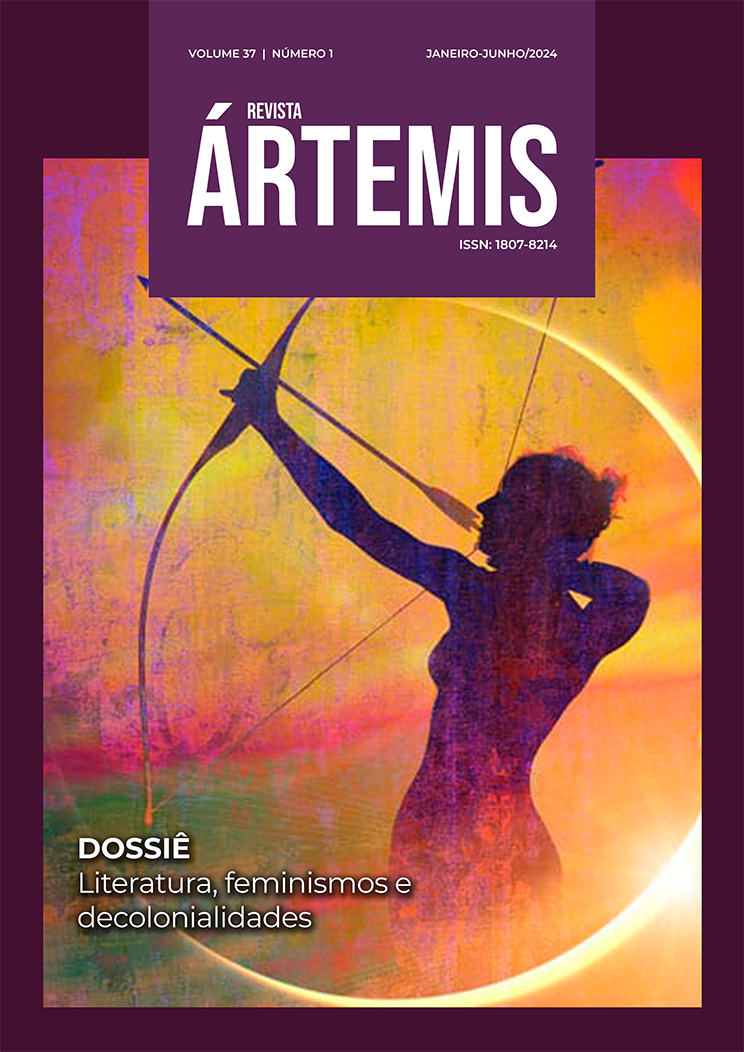Teaching gender issues: a comparative overview on (in)equality in academia in Southeastern Europe
DOI:
https://doi.org/10.22478/ufpb.1887-8214.2024v37n1.71004Abstract
This study aims to examine gender issues within the framework of the European Union’s primary strategies in its external relations. The European approach, shaped by the multicultural and diverse consortium of member states, emphasizes equality between women and men. It considers factors such as the gender earnings gap in EU countries, job satisfaction, race, immigration, religion, inclusion policies, the feminization of work, work qualifications, and work context. The case studies explore gender topics across various social, political, and religious environments, with a particular focus on former communist countries within the European context. These studies analyze gender misconceptions and prejudices, women’s empowerment, and social constructs in academia.







